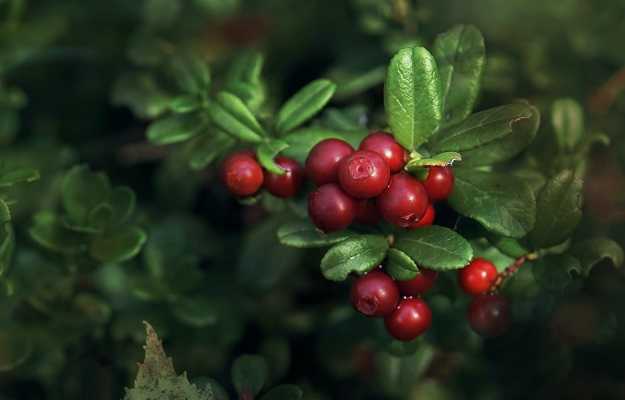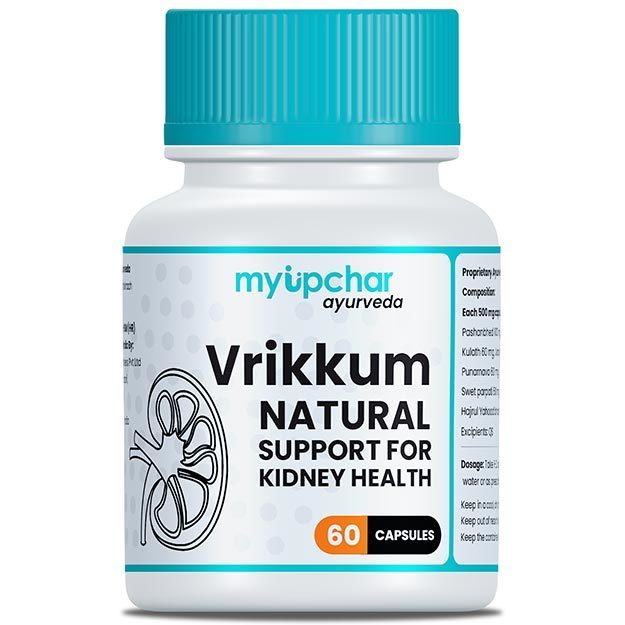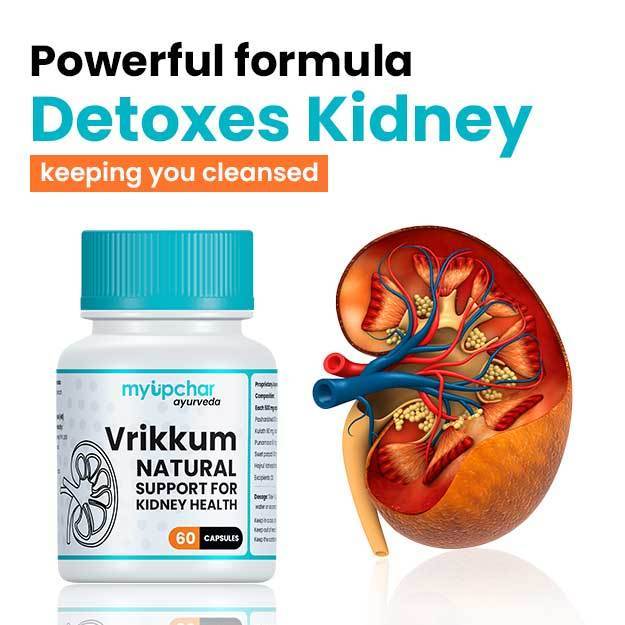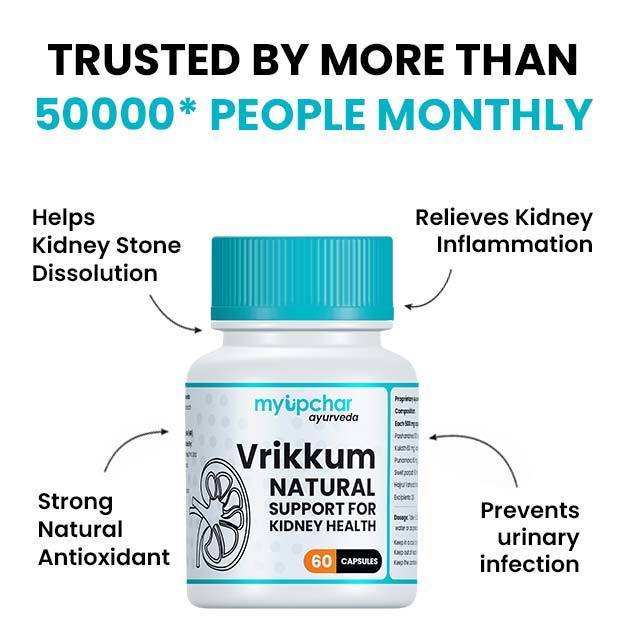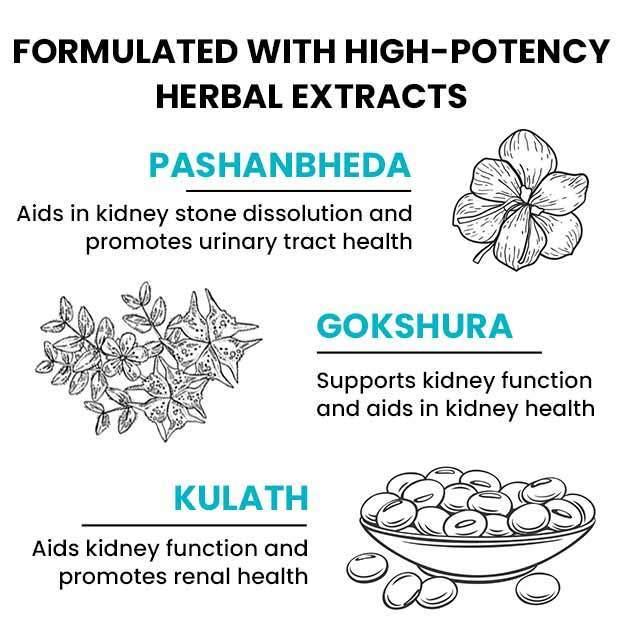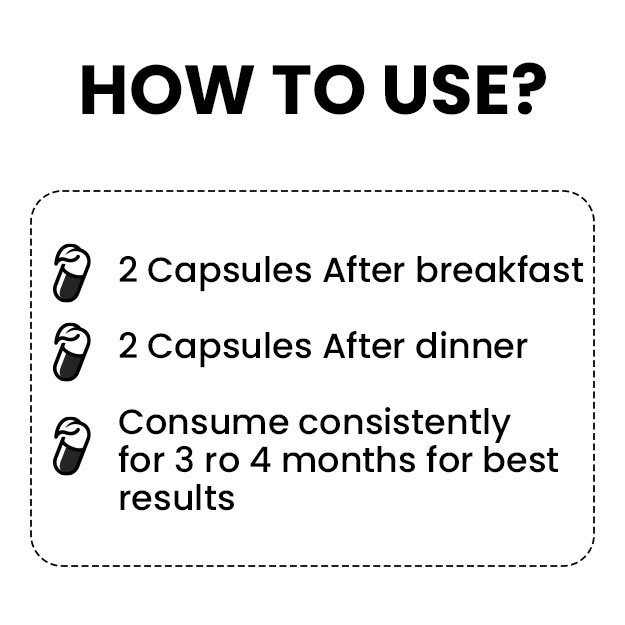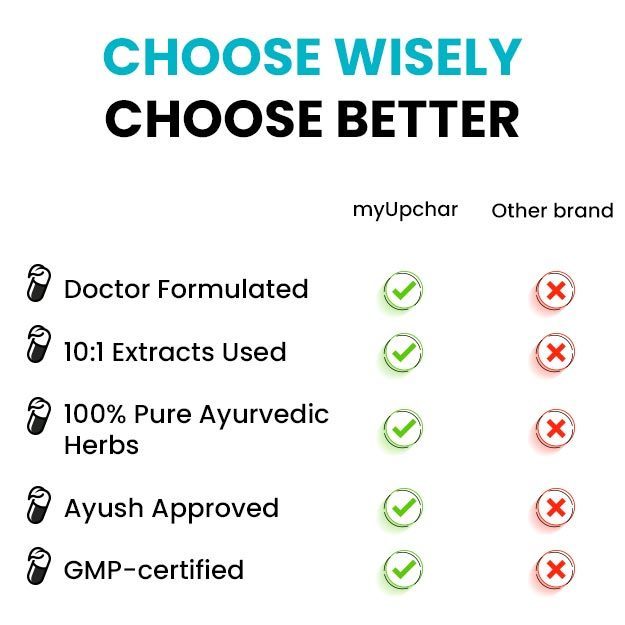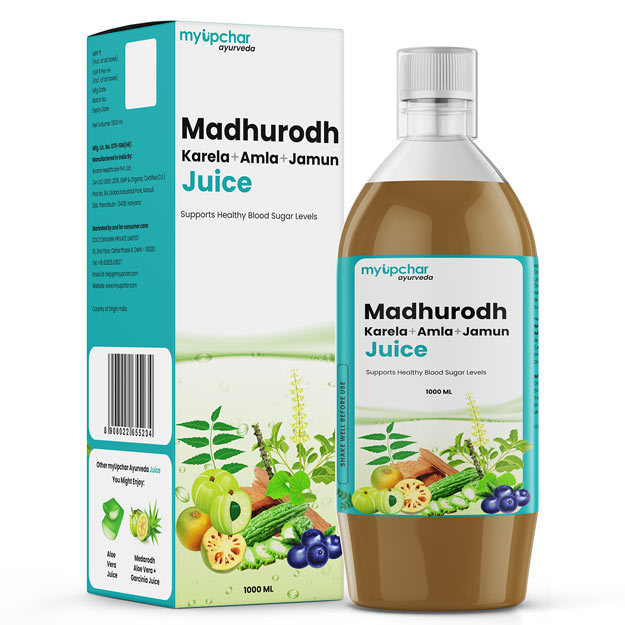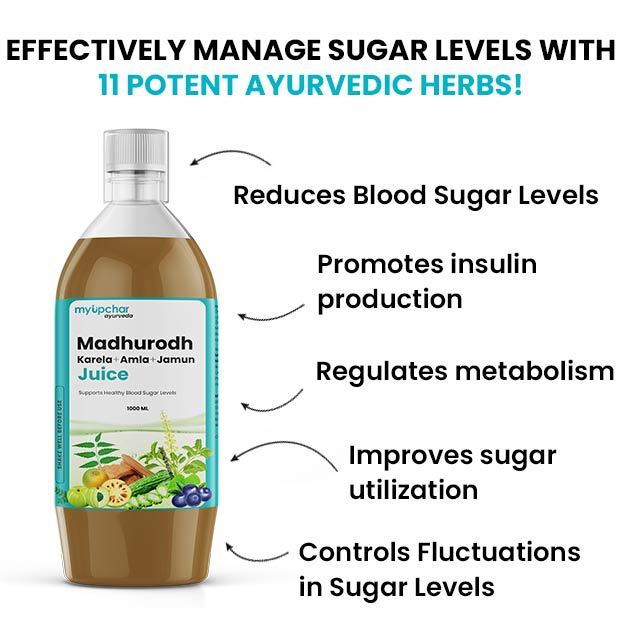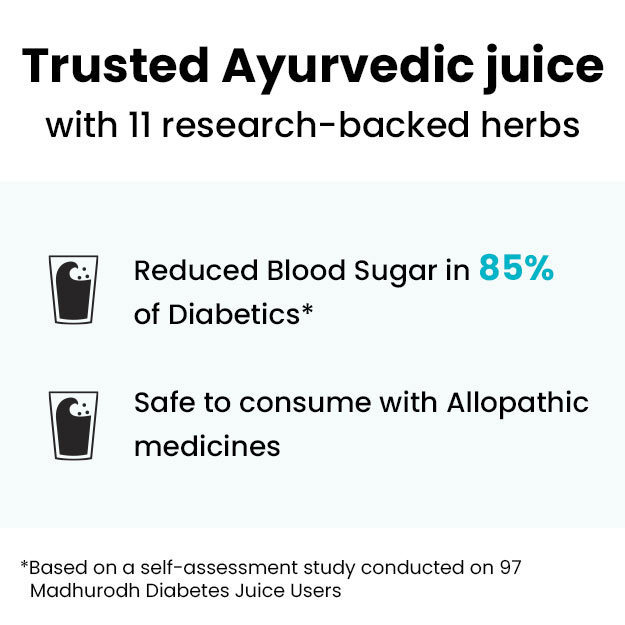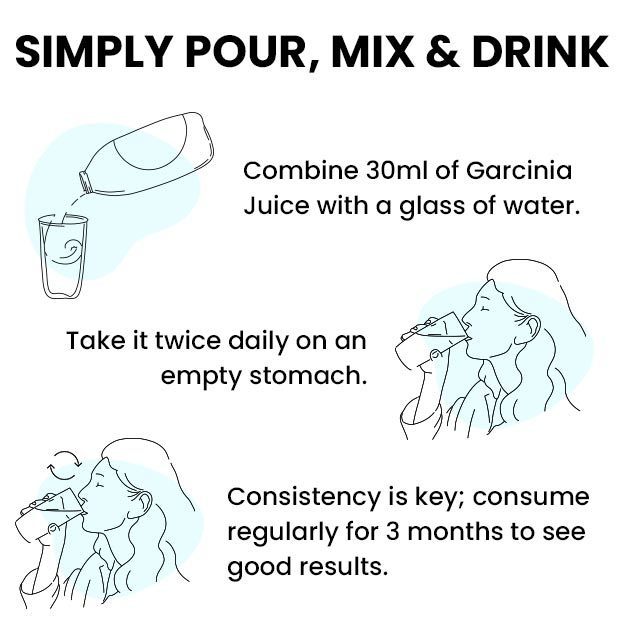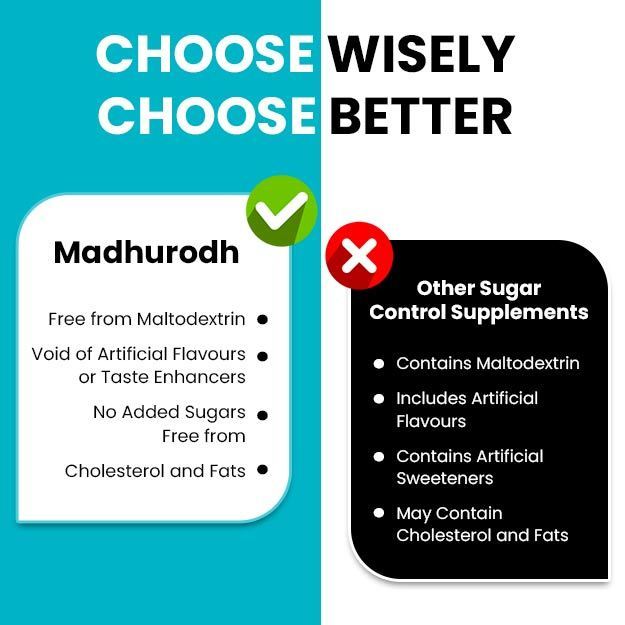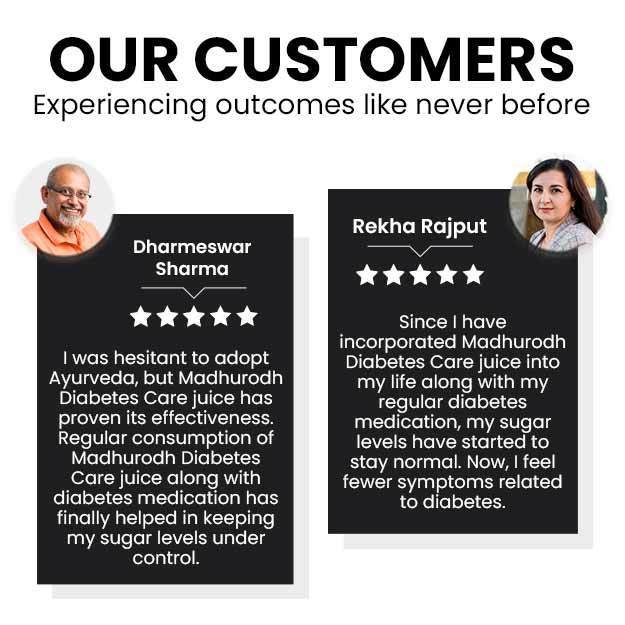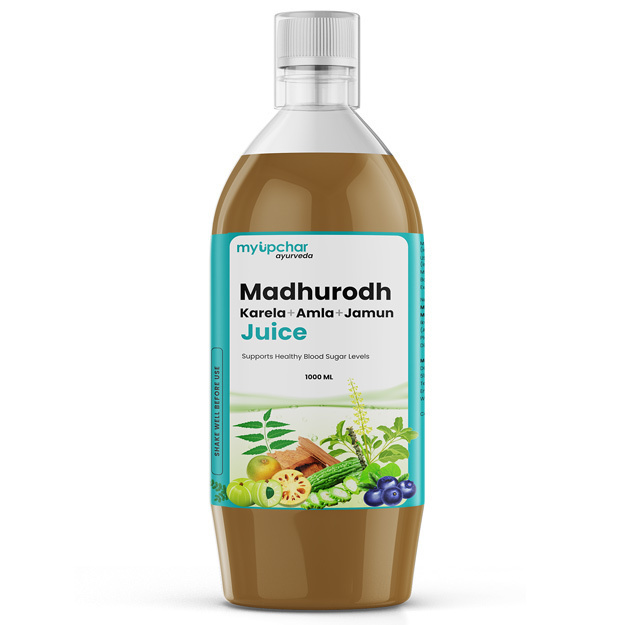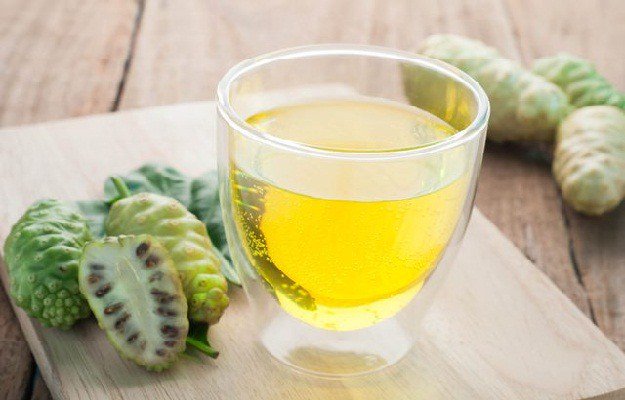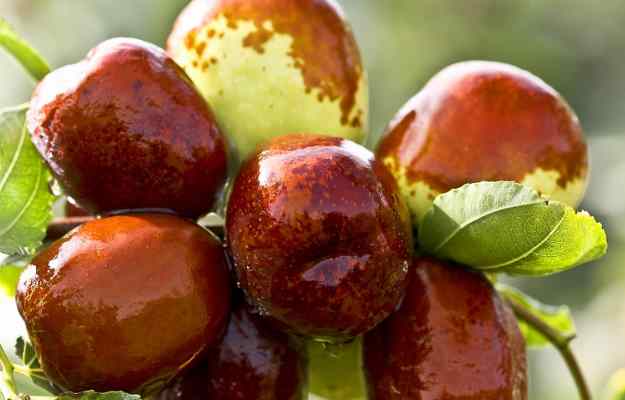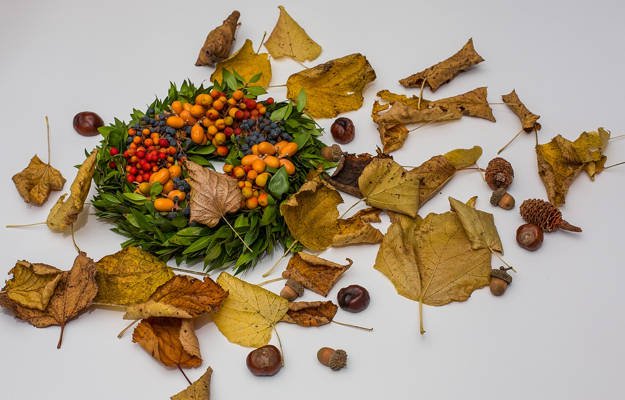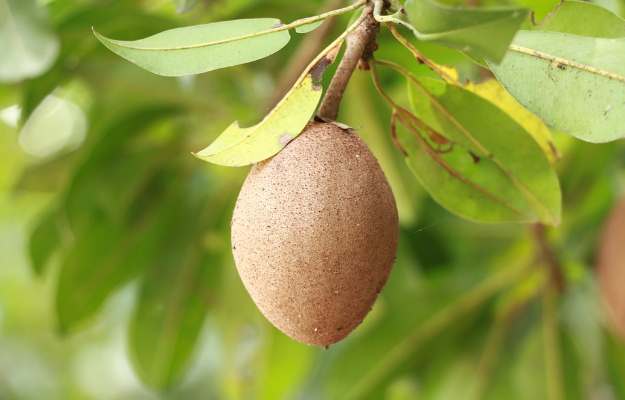Cranberry is a type of berry which is sour and tart in taste and belongs to the same family as blueberries. Cranberries are usually sold raw in North America and Europe, but not always consumed in this raw form because of their sharp taste. Instead, dried cranberries, cranberry sauce and cranberry juice are consumed more often in countries that produce these berries as well as the ones where it is imported, like India.
Like most fruits, cranberries are packed with carbohydrates, vitamins, minerals and antioxidants. This is the reason why consuming cranberries is linked with many health benefits, so much so that the berry is even called a superfood. The most common association between cranberries and health benefits has to do with urinary tract infections (UTIs), which cranberries are touted to prevent. However, consumption of cranberries may also have some side effects in some cases. Read this article to find out about the nutrition provided by cranberries, benefits of cranberries and side effects of cranberries.
Did you know?
Cranberries are not grown in India but the rising popularity of this superfood has increased its demand in the country. The Indian wild berry karonda is often used as a substitute for cranberry because of its similar appearance and sour taste. However, karonda and cranberry are not the same.
Some basic facts about cranberries:
- Botanical name: Vaccinium macrocarpon (American cranberry species), Vaccinium oxycoccos (European cranberry species)
- Family: Ericaceae
- Common name: Cranberry
- Parts used: Ripe fruit, seed and other plant extracts
- Native region and geographical distribution: Cranberries are native to North America and also grown in Europe. The United States of America is the largest cranberry producer in the world, followed by Canada and Chile. India does not produce any cranberries, but imports dried, tinned, frozen and juiced cranberries from the US and Europe.

